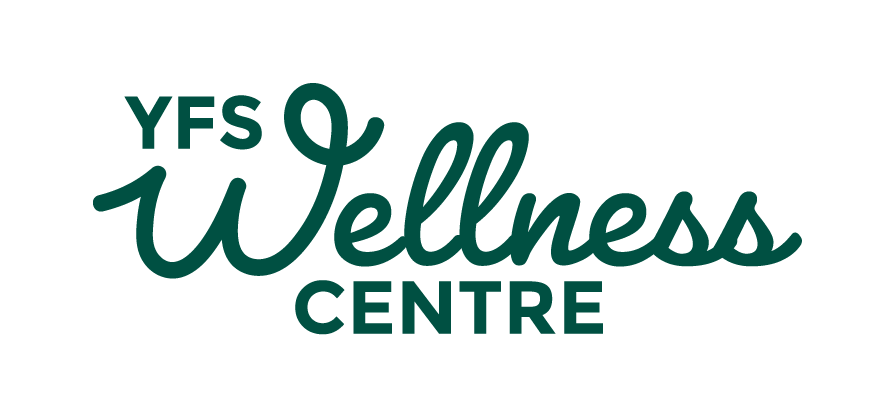A guide to improving mental health and creating fun ways to cope with stress and daily complexities
By: Gurveer Kular
Post-COVID mental health statistics show a steep decrease in good mental health mindsets. This results from long-lasting impacts of unbalanced work-life pressures, increased rates of mental illness, financial and stress factors. Studies show that incorporating activities that bring fulfilment and enjoyment in life allows for overall improvements in mental health, health promotion, and individual well-being
The following are benefits of implementing creative outlets in life:
Whether it be baking, listening to music, practicing self-love, meditation, yoga, exercising, dancing, or singing, the effects of these creative activities allow for self-growth and happiness.
Improving mental health
Focusing on fun things in life allows for individuals to combat feelings of loneliness, stress, anxiety, and repetitive lifestyles. By working on their self-growth and prioritizing themselves, their mental health significantly gets better with practicing self-care behaviours.Having something to look forward to and enjoyment in life
Whether it’s hanging out with friends or ordering your favourite things online, everyone has forms of happiness that are achieved from simple tasks. This also includes creative outlets, as these hobbies become something individuals are passionate about.Allows for creative ways to express yourself
People often express themselves through art forms. Whether this is painting, colouring, singing, writing poems, or dancing, significant meanings can be depicted. These meanings are interesting to observe as many individuals express their lives and stories through emotional breakthroughs.
Overall, implementing creative forms of activities and outlets in life plays a role in improving mental health, gives individuals enjoyment opportunities, and allows for creative and unique ways to express oneself. Everyone is different from one another, and expressing yourself through art forms shares personal experiences and allows others to reflect on their stories.
References
Institute of Mental Health, & Logan, C. (2024, September 4). 10 important activities that improve your mental health. Institute of Mental Health. https://iomh.co.uk/10-important-activities-that-improve-your-mental-health/
